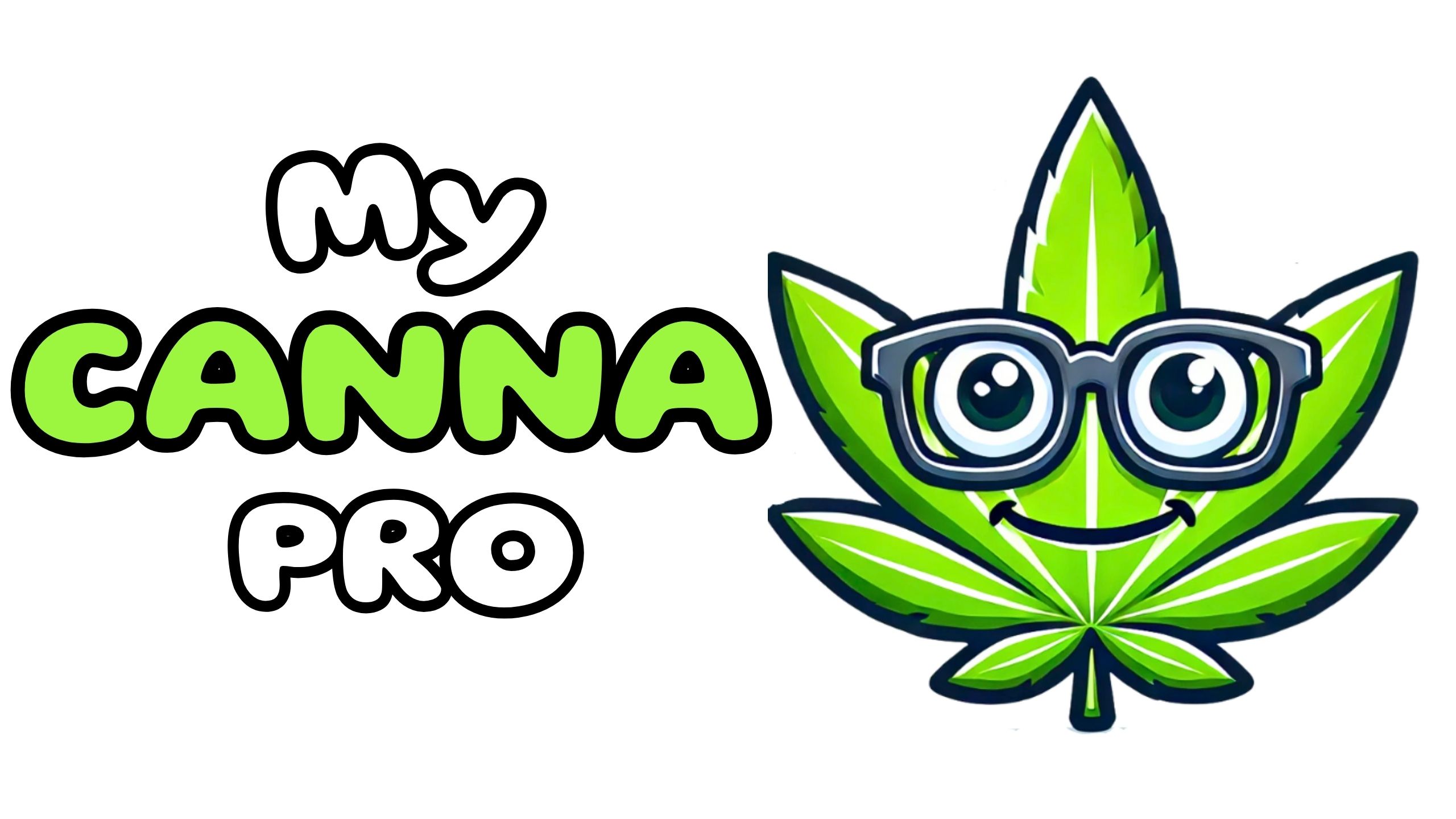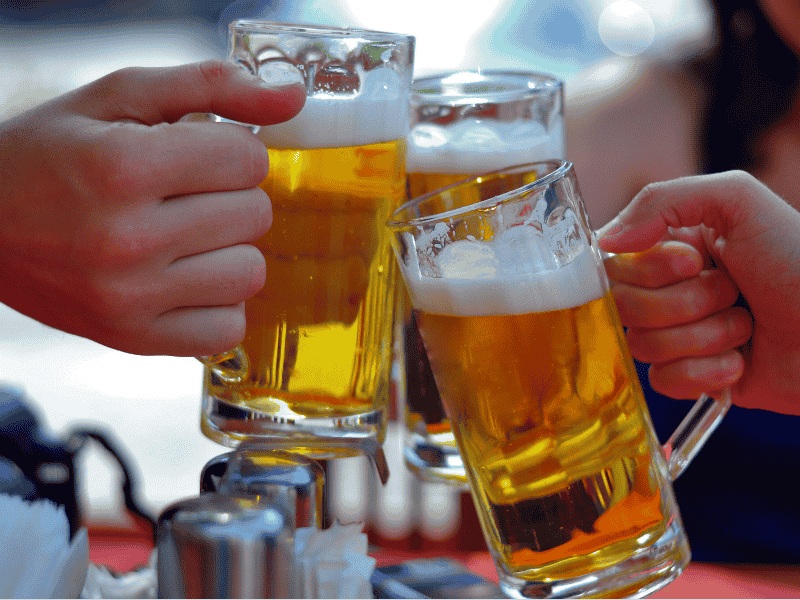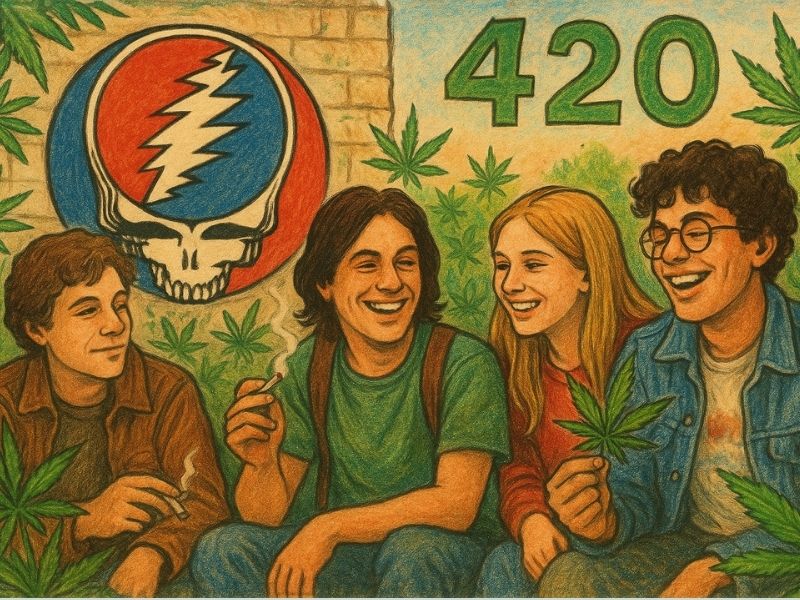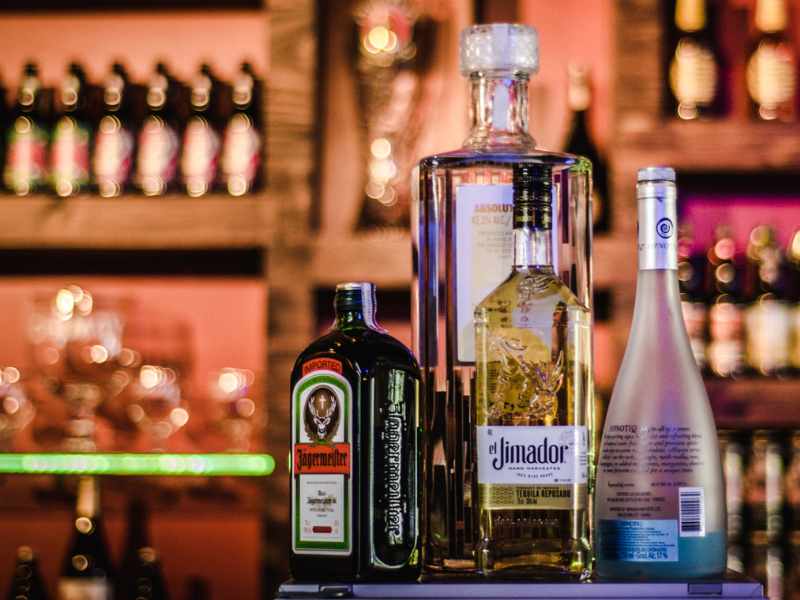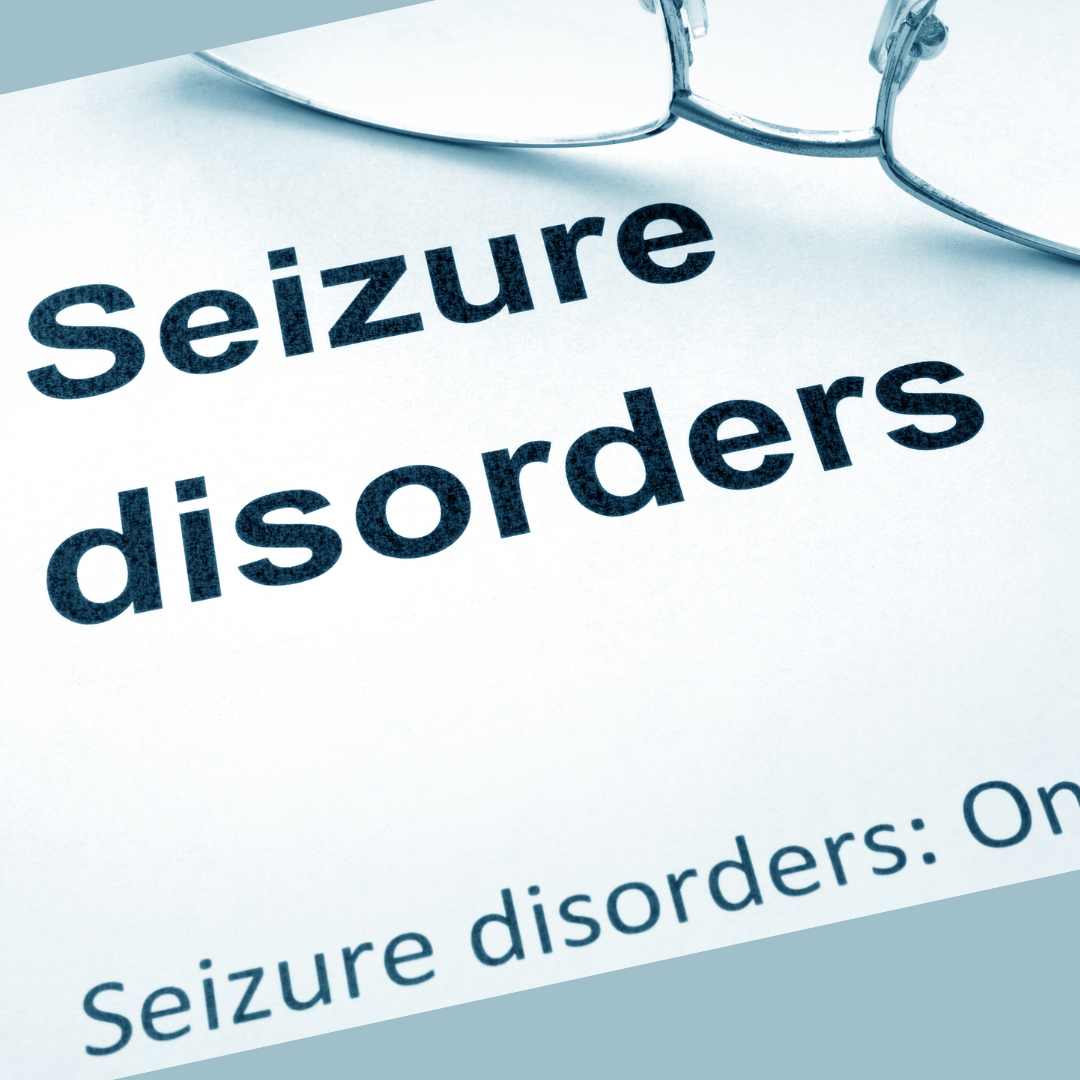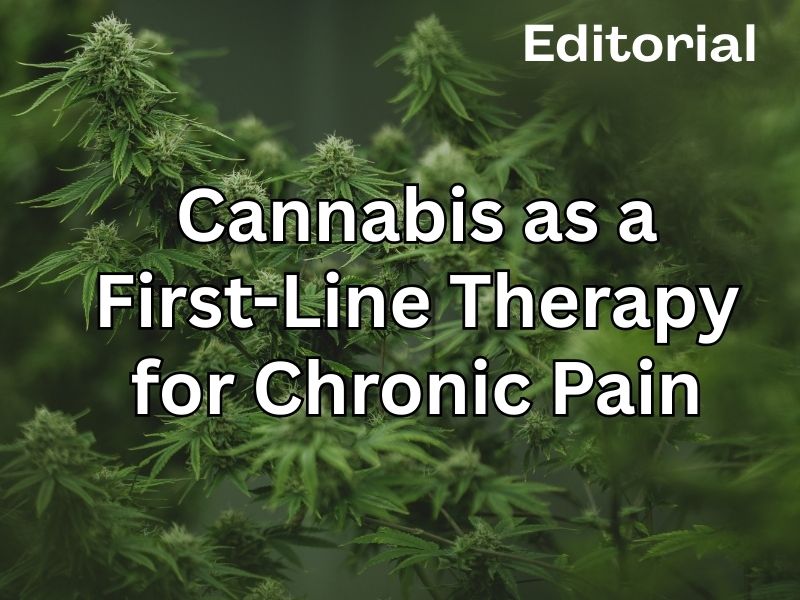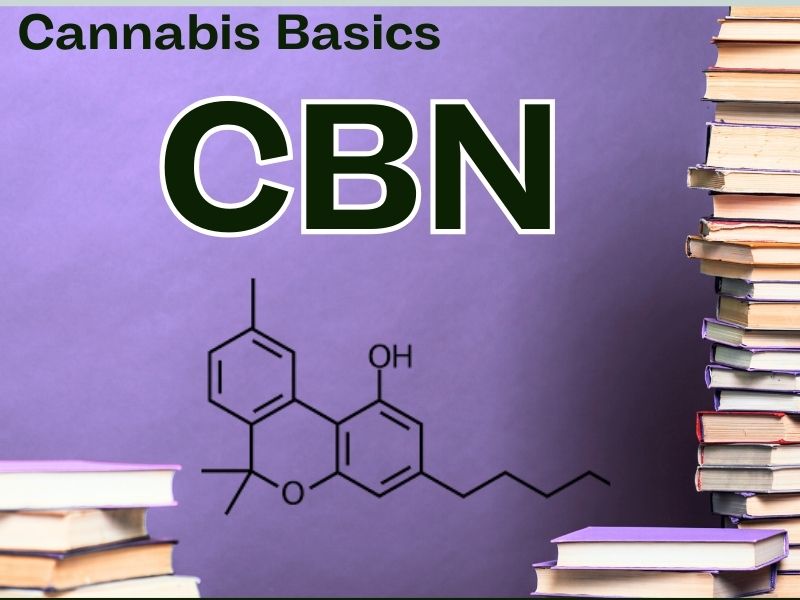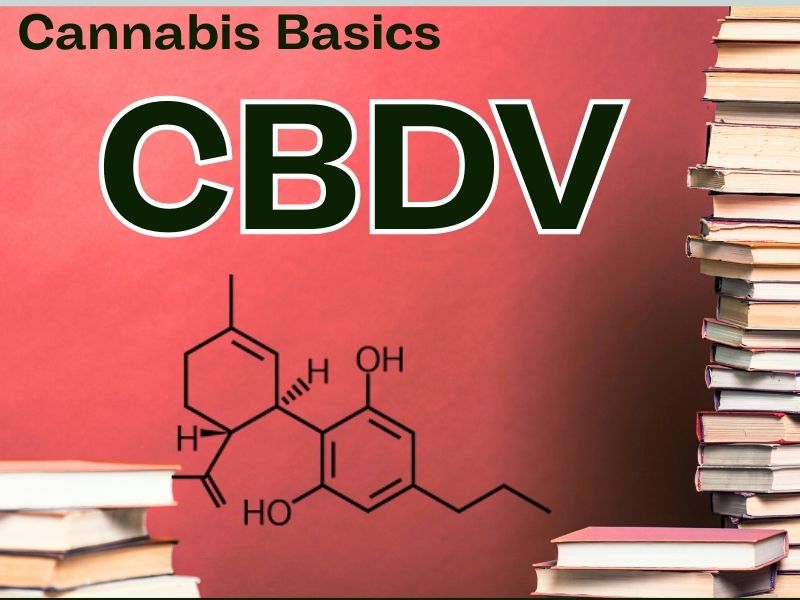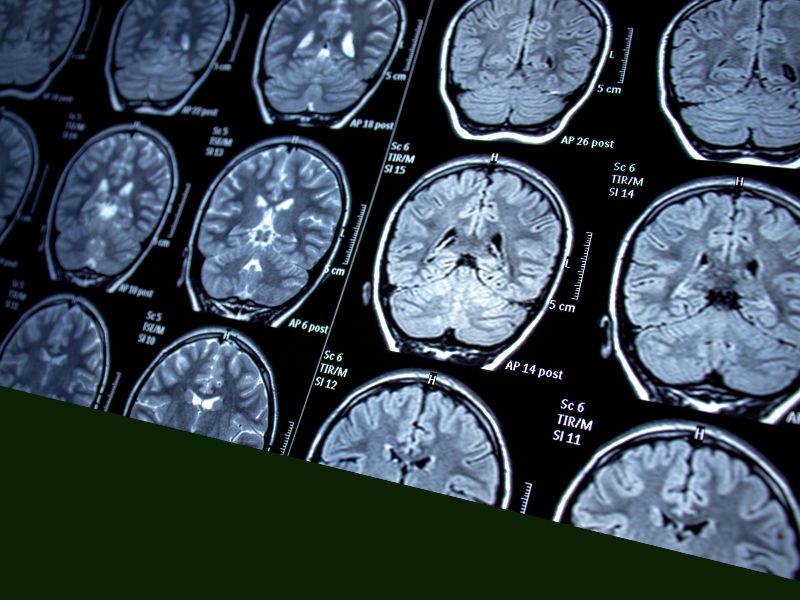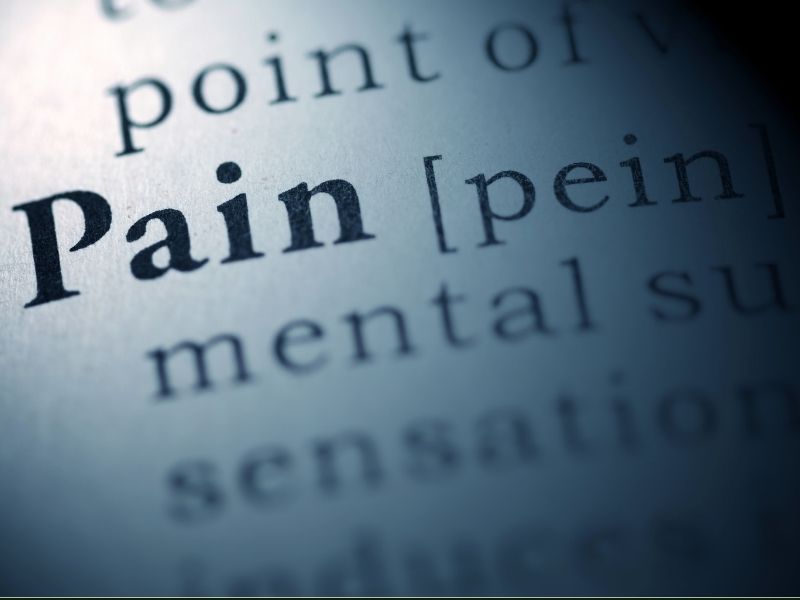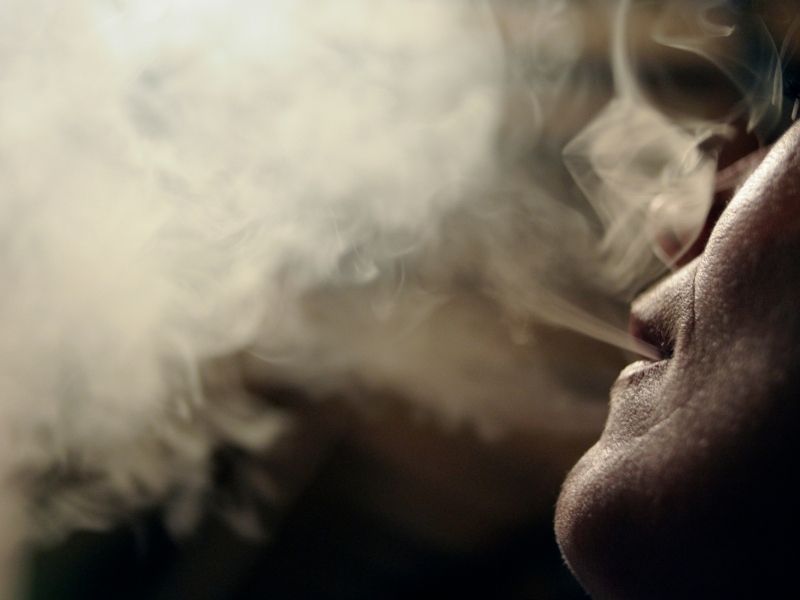Is Cannabis the New Harm Reduction Tool for Alcohol Cravings?
As recreational cannabis legalization continues to spread across the United States, researchers are paying closer attention to its broader social and health impacts. One emerging area of interest is how cannabis use might influence alcohol consumption patterns. Can cannabis actually help people drink less? A new human laboratory study from Colorado State University and the University of Colorado offers hopeful evidence that, for some, it can. This research suggests that cannabis may not only reduce the number of drinks consumed but also lower the desire to drink—opening up new conversations around harm reduction strategies.
In this carefully designed study, 62 adults who regularly used both cannabis and alcohol participated in two lab sessions. In one session, they were offered alcohol alone; in the other, they consumed cannabis before being offered drinks. The results were striking. On average, participants drank about 25% fewer alcoholic beverages after using cannabis compared to when they drank without it. Even more encouraging, those who drank less after using cannabis also reported a noticeable reduction in alcohol cravings. While this effect wasn’t seen in every participant, the pattern suggests that cannabis could play a meaningful role in helping some people control their drinking.
What makes this study particularly valuable is its real-world approach. Participants were allowed to use their own legal-market cannabis products at their typical doses, mimicking everyday behavior rather than creating artificial lab conditions. They also chose their preferred type of alcohol, making the setting feel more natural and relevant. This approach helps us better understand how cannabis and alcohol interact in the environments where people actually consume them.
Interestingly, the reduction in alcohol craving wasn’t linked to the amount of THC in the participants’ blood. This suggests that the effects of cannabis on drinking behavior may be more about how individuals subjectively experience cannabis—perhaps its relaxing or mood-enhancing effects—rather than just the dose of THC consumed. This finding opens new avenues for future research into how cannabis affects people differently based on their personal experiences, social settings, and reasons for using it.
The study also highlighted an important distinction between “substituters” and “non-substituters.” Substituters were those who drank less after using cannabis and experienced reduced cravings throughout the session. Non-substituters, on the other hand, either drank the same amount or more and saw little change in their desire for alcohol. This reinforces the idea that cannabis isn’t a one-size-fits-all solution but could be a valuable tool for certain individuals seeking to manage their drinking habits.
While these findings are hopeful, the researchers caution that more work is needed to explore why cannabis serves as a substitute for some but not others. Factors like age, gender, social environments, and whether cannabis is used for medical or recreational reasons may all play a role. Understanding these factors could help develop more personalized harm reduction strategies, especially for those who aren’t ready for complete abstinence but are looking to reduce the negative impacts of alcohol on their lives.
Beyond this study, a growing body of research supports the substitution effect. Studies have shown that medical cannabis users often report drinking less alcohol, and some young adults say they intentionally use cannabis instead of alcohol to avoid hangovers and other negative consequences. In Canada, where cannabis is federally legal, beer sales have even declined since legalization—a clear sign that people are making different choices when it comes to their social and recreational habits.
As public attitudes continue to shift and more people view cannabis as a safer alternative to alcohol, the potential for harm reduction becomes even more significant. While cannabis isn’t a cure-all, and its effects vary from person to person, this latest research adds to the hopeful narrative that for some, it can be a useful tool in reducing harmful drinking behaviors. Future studies are already underway to explore how cannabis might work alongside established treatments like mindfulness-based relapse prevention to help people regain control over their drinking.
For those interested in this topic, similar studies have found promising results. Research by Karoly et al. (2021, 2023) demonstrated reduced alcohol consumption on cannabis use days, and studies funded by the National Institutes of Health have shown that cannabis can lower alcohol cravings in heavy drinkers. As more research emerges, we may find that cannabis plays a growing role in modern harm reduction strategies, offering new hope for those struggling to manage their relationship with alcohol.


